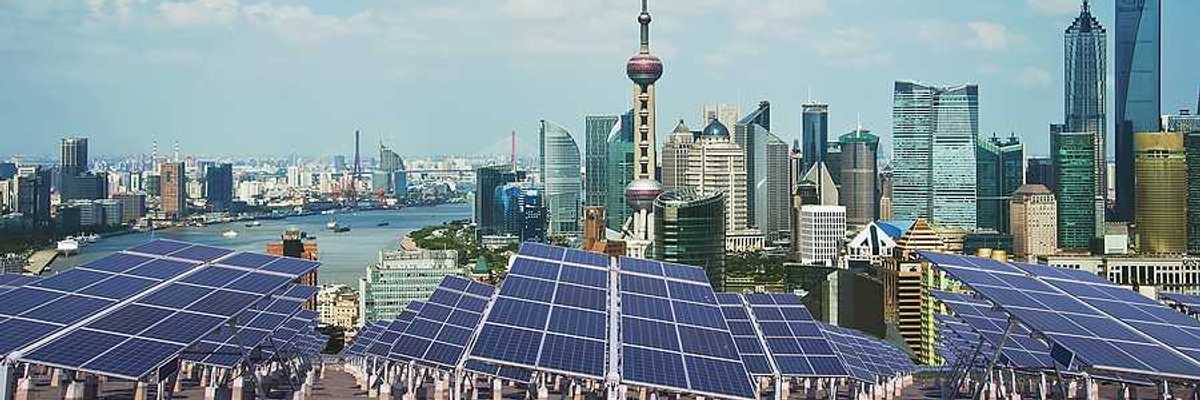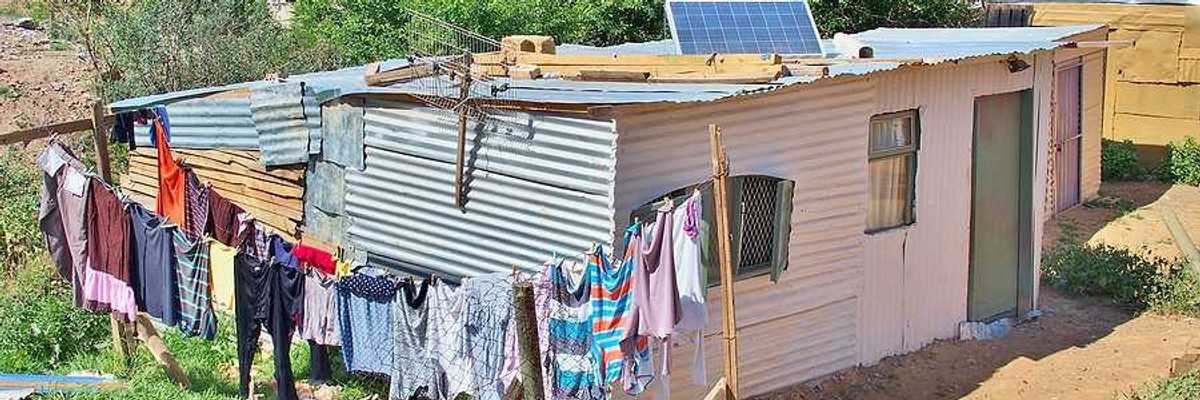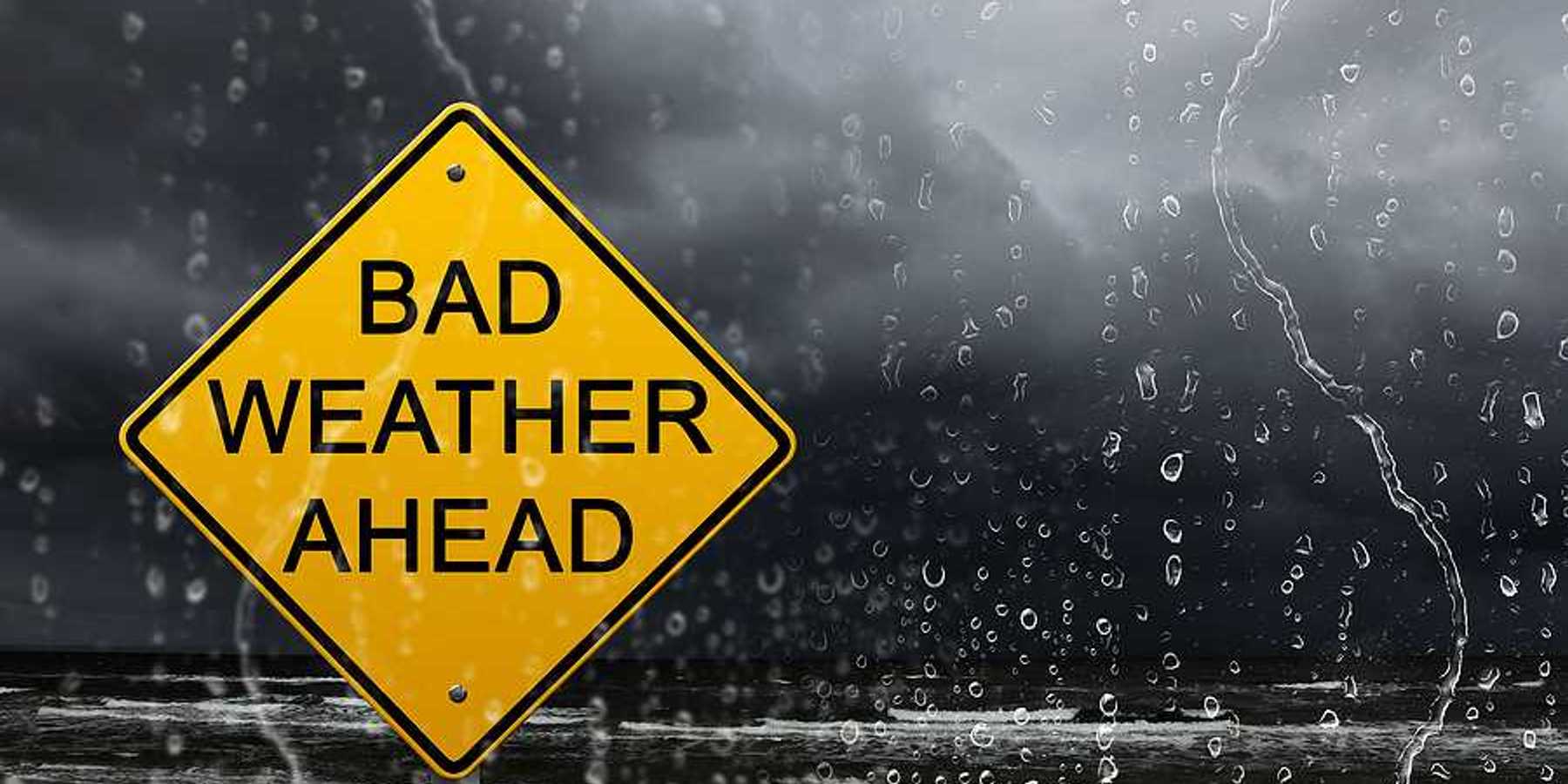eu
Brazil urges EU to delay new deforestation law
Brazil has asked the European Union to postpone the implementation of its new deforestation law, which could negatively impact exports of agricultural products.
In short:
- Brazil's government has formally requested the EU delay its deforestation-free regulation (EUDR) to prevent disruptions in trade.
- The law, passed in 2022, bans imports of goods linked to deforestation and could affect around 30% of Brazil's exports to the EU, especially soy, beef and coffee.
- Brazil argues that the law unfairly targets forested countries and would increase costs for exporters.
Key quote:
"We consider the EUDR to be a unilateral and punitive instrument that ignores national laws on combating deforestation."
— Brazilian ministers of agriculture and foreign affairs
Why this matters:
The EU's deforestation law could hurt Brazil's agricultural economy, but it is aimed at reducing global deforestation. Brazil's resistance highlights the tension between environmental policy and economic interests.
Related: EU’s new climate change plan will cause biodiversity loss and deforestation: Analysis
EU wants China to contribute more to climate aid
The EU plans to urge China and other wealthy emerging economies to increase their financial contributions to climate action during the COP29 summit.
In short:
- The EU's draft position for COP29 seeks contributions from newly wealthy nations to aid developing countries in climate action.
- China, the world's second-largest economy and top greenhouse gas emitter, is a focus for increased financial support.
- The EU emphasizes that most of the required investment should come from private sources, not national budgets.
Key quote:
"Such broadening of contributions provides an opportunity to increase the finance to support the most vulnerable countries and communities and reflects strong global solidarity towards them."
— Draft of the EU's COP29 position document
Why this matters:
Encouraging contributions from China and other emerging economies could significantly boost funding for climate initiatives. As climate change impacts intensify, equitable financial support is crucial to aiding vulnerable nations in mitigating and adapting to global warming challenges.
Wind and solar now provide 30% of EU electricity
Wind and solar power have surpassed fossil fuels to generate 30% of the EU's electricity in the first half of 2024, reducing emissions by one-third since 2022.
In short:
- EU power generation from coal, oil and gas fell 17% in early 2024 compared to the same period in 2023.
- 13 EU member states, including Germany and Belgium, now produce more electricity from wind and solar than from fossil fuels.
- Despite progress, the wind industry faces high inflation and political resistance, hindering faster growth.
Key quote:
"We are witnessing a historic shift in the power sector, and it is happening rapidly."
— Chris Rosslowe, analyst at Ember
Why this matters:
Transitioning to renewable energy reduces greenhouse gas emissions and helps combat climate change. By harnessing natural resources, we can significantly decrease the carbon footprint of electricity production. This shift not only addresses the immediate concern of lowering carbon emissions but also promotes long-term sustainability by preserving non-renewable resources.
China and the EU discuss potential tariff hikes on Chinese electric vehicles
China and the European Union are considering negotiations over the EU's decision to significantly increase tariffs on Chinese-made electric vehicles.
In short:
- The EU plans to impose provisional tariffs of 17.4% to 38.1% on Chinese-made EVs starting July 4, citing unfair subsidies that harm EU automakers.
- Both China and Germany's economy minister expressed willingness to hold discussions to resolve the dispute before the tariffs take effect.
- China is also investigating European pork imports, which may be a response to the EU's EV tariff measures.
Key quote:
“The doors are open for discussions. And I hope that this message was heard.”
— Robert Habeck, Germany’s economy minister and vice chancellor
Why this matters:
Increased tariffs could escalate trade tensions between China and the EU, impacting global trade and the electric vehicle market. An agreement could help avoid further economic conflict and support fair competition in the automotive industry.
EU nations push to preserve biodiversity laws
Eleven EU countries, spearheaded by Ireland, advocate for the ratification of pivotal biodiversity restoration laws, aiming for legislative success within the month.
In short:
- Environment ministers from 11 nations, including Ireland, Germany, and France, have called on peers to support EU nature restoration laws, set to expire.
- The legislation mandates restoring a significant portion of degraded habitats by 2050 and proposes planting 3 billion trees.
- Amidst political tension, the upcoming EU presidency of Hungary could derail the initiative unless ratified soon.
Key quote:
"We must act urgently and decisively to conclude the political process. Failure to do so would be a carte blanche to destroy nature and would fundamentally undermine public faith in the EU’s political leadership at home and internationally."
— Eamon Ryan, Ireland’s Environment Minister
Why this matters:
Biodiversity, the variety of life in all its forms, provides essential services that make the Earth livable. Our natural environments purify our air and water, pollinate crops, control pests, and provide food. When species and habitats are lost, these services are diminished or disappear, posing direct and indirect threats to human health. For instance, the loss of biodiversity can increase the transmission of infectious diseases and reduce the resilience of food systems to pests and climate shocks.
UK bids farewell to fossil fuel pact
The UK has exited the Energy Charter Treaty, joining a wave of EU countries in rejecting the agreement criticized for hindering climate goals.
In short:
- The UK's departure from the Energy Charter Treaty aligns with its net zero emission targets, following the lead of several EU countries.
- The treaty, originally intended to protect energy investments, has been used by fossil fuel companies to sue governments for phasing out fossil fuels.
- Efforts to modernize the treaty have stalled, prompting countries to abandon it due to its misalignment with contemporary climate objectives.
Key quote:
"The Energy Charter Treaty is outdated and in urgent need of reform but talks have stalled and sensible renewal looks increasingly unlikely."
— Graham Stuart, UK Minister of State for Energy Security and Net Zero
Why this matters:
The UK's exit from the Energy Charter Treaty marks a shift toward prioritizing environmental policies over fossil fuel interests. This move sets a precedent for other nations, underscoring the growing global commitment to combat climate change.
Peter Dykstra: Headwinds remain for clean energy.
Europe's push for a greener future amid rising protests
The European Union proposes a 90% reduction in emissions by 2040, challenging global norms and facing internal opposition.
In short:
- The EU's new climate proposal targets a drastic 90% cut in emissions by 2040, exceeding global standards.
- This ambitious plan demands significant changes in fossil fuel use, transportation, and agriculture.
- Europe's commitment contrasts with slower progress in other major economies, including the U.S.
Key quote:
“The case for climate action is beyond doubt and requires planning in the here and the now.”
— Wopke Hoekstra, the E.U.’s climate commissioner
Why this matters:
Europe's aggressive climate stance sets a precedent in the fight against climate change.
Is the EU on the right track? Not according to this 2022 study.









